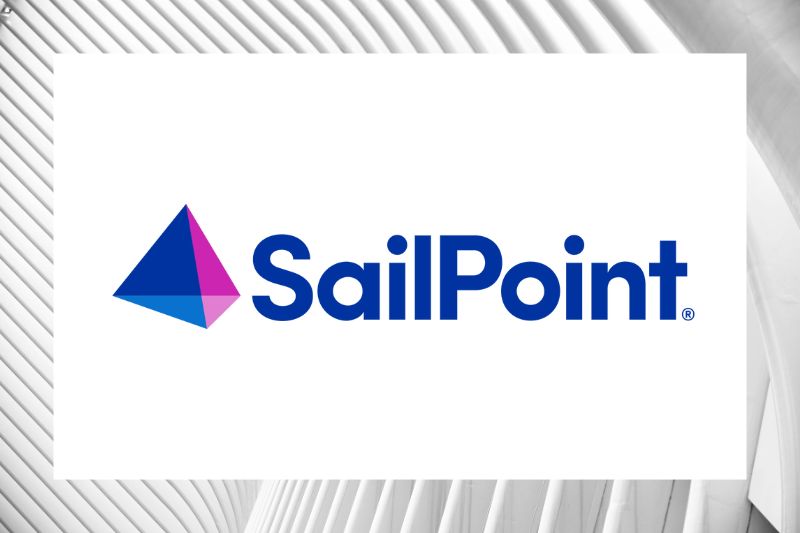Today, as data has become the cornerstone of every organisation’s operations, safeguarding identities has become a strategic imperative for success. However, according to SailPoint’s ‘Horizons of Identity Security Report’, organisations in the APAC region have varying levels of identity security maturity compared to other regions, with a whopping 60% still reporting the lowest levels of maturity.
Accelerate business growth with identity security
While countries like Australia and Singapore have mature identity and data security frameworks in place, other countries in the region are only beginning to recognize the significance of these regulations. The role of identity security in a business extends beyond mere regulatory compliance and is in fact a crucial foundation for risk mitigation, operational efficiency, and business success. Therefore, it is imperative for business leaders to recognize the compelling benefits of an identity security program, which includes reduced risk and streamlined operations. Embedding identity management into the core business strategy enables businesses to transcend technical limitations and align their security goals with broader business objectives.
For organisations that are starting off on their identity security journey, there are barriers to overcome, particularly the challenge of legacy technical debt. Many businesses who are in the lower maturity stage struggle with outdated hardware, systems, and processes, as revealed in the report. These legacy identity security tools are not designed for the current demands of modern enterprises, and fall short in managing complex, multi-cloud environments and multiple identities like employees and non-employees. To move forward, organisations must focus on identifying and methodically updating or replacing these outdated systems. This crucial step includes investing in contemporary technologies and reconfiguring IT infrastructure to support more advanced and sophisticated identity security solutions.
Enhancing an organisation's identity security program also hinges on executive sponsorship. As highlighted in the report, a staggering 77% of identity and access management (IAM) decision-makers view limited executive support as a significant barrier. To garner support from decision-making executives, it is essential to effectively communicate the value of identity security. It needs to be stressed that beyond being a technical safeguard, identity security is integral to business objectives like product innovation and data-driven marketing. Building executive commitment by aligning identity security with these priorities is key. In addition, crafting business cases that incrementally address challenges such as budget constraints and talent shortages is critical. These cases should emphasise how enhanced identity security supports business productivity and innovation, mitigates cyber risks, and drives business success.
After establishing strong executive sponsorship, organisations are ready to move forward to leverage advanced technologies like AI and automation to refine their identity security frameworks. This technological integration not only scales up identity security measures but also equips businesses to swiftly respond to emerging threats and remain agile in today’s fast-paced digital landscape. As an example, an identity platform leveraging automation and AI enables companies to scale identity-related capabilities up to 37% faster than companies without AI enablement.
For financial services institutions (FSIs) particularly, they collaborate extensively with third parties such as vendors, contractors and partners to deliver quality financial solutions and services. These third parties require FSIs to grant access to sensitive data, critical systems and other important resources, introducing significant security and compliance risks.
Without a comprehensive identity security strategy in place to review and authorise user access, and onboard and offboard third parties in a thorough and timely manner, FSIs are at high risks of reputational and financial loss, and can lose customer trust. More importantly, as reiterated by regulators, FSIs face large fines and regulatory penalties if breaches occur via third parties.
The report also highlights the varying adoption rates of these technologies, which range from 15% to 90% and are influenced by factors like capability complexity and company maturity. Despite this disparity in adoption rates, the consistency in capability coverage, which remains between 50 – 70%, underlines the effectiveness of AI and automation across different organisational contexts. This consistency in capability coverage suggests a broad and effective applicability of these technologies, reinforcing their value as a crucial investment for a wide spectrum of organisations. The strategic implementation of these advanced technologies in identity security is a key step not only in enhancing current security measures but also in paving the way for continuous improvement and future-proofing against evolving cybersecurity challenges.
Organisations must approach the elevation of identity security maturity levels with an integrated and comprehensive strategy that is dynamic and specifically tailored to their business needs. Clear communication of a well-defined business case, coupled with a pragmatic execution of a roadmap, is crucial for securing executive buy-in. The business cases and roadmaps must be customised and regularly updated to reflect new insights and shifts in the business and technology landscape.
Businesses at the early stage of their journey should aim to leapfrog to advanced capabilities like SaaS, AI, and automation for faster scaling. Conversely, mature businesses should focus on expanding the coverage of their capabilities, by building holistic identity security programs that encompass diverse elements like cloud, SaaS, data, third parties, machines, and APIs. Successfully implementing a modern, robust, and comprehensive identity security program offers a significant competitive advantage, making businesses more agile and resilient in a complex and interconnected landscape.
#IdentitySecurity #BusinessGrowth #SailPoint #CyberSecurity #DigitalTransformation #AI #Automation #MalaysianBusiness


